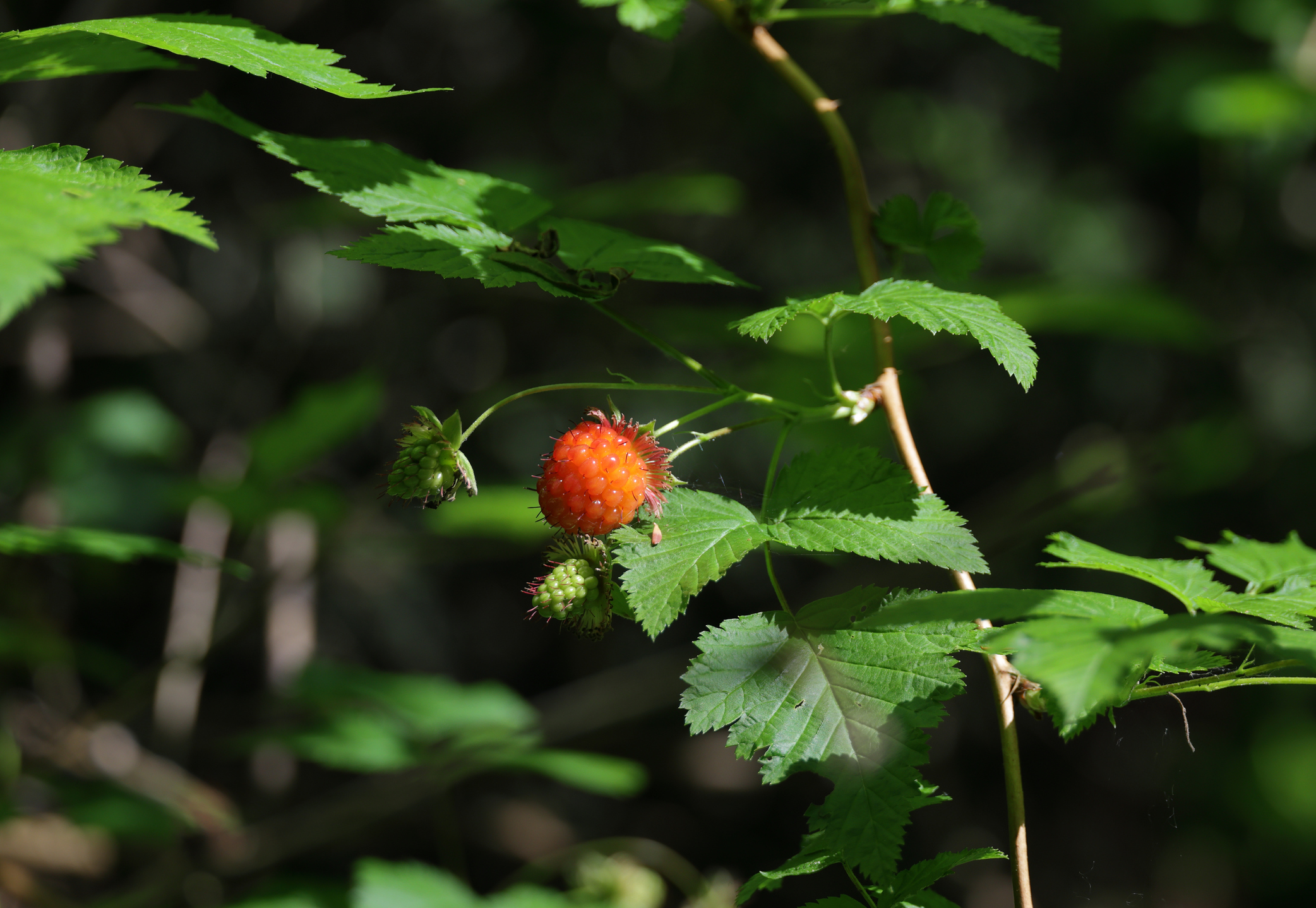by Janna Wale
The National Day for Truth and Reconciliation on September 30 is the day that honours the First Nations, Métis and Inuit survivors of residential schools, as well as the children who never made it home.
Also known as Orange Shirt Day, September 30 is a day for action and accountability, and ultimately for Canada and settler society to commit to doing the work necessary to begin the conciliation process. Different from National Indigenous People’s Day in June, September 30 is instead an intentional reminder of the colonial harms of the past and continued colonial harms of the present.
For over a hundred years, Indigenous children were forcibly removed from their communities and their cultures, instead being placed within Institutions run by the Canadian government and the Roman Catholic, Methodist, United, and Anglican churches. Children as young as five were subjected to physical, emotional, and sexual abuse, leading to impacts that have spanned generations. Many communities are still healing from the effects of these institutions on their wellbeing, their cultures, and their languages.
Importantly, these harms expand past the bounds of the residential schools era. They began when settlers first arrived on our shores and have continued in the form of harmful policies, western ideologies, and status quo approaches to Land and resource management, that have collectively led us down a path towards a radical environmental shift. Berries ripening at different times, changes in species migration, and even changes to weather patterns are all symptoms of this change.

Berries ripening at different times, changes in species migration, and even changes to weather patterns are all symptoms of this change.
Climate change is increasing the intensity and frequency of unprecedented fires, floods, and heatwaves: the cumulative impacts are now impossible to ignore.
And while it is a global problem, the impacts of climate change are felt locally. It is felt in our communities. Indigenous Nations everywhere are facing multiple crises, and all at once. In recent years, we have faced evacuations, food and resource insecurity, and threats to many culturally significant practices, places, and species.
But in this time of climate misinformation and with looming political uncertainty, make no mistake: climate change has been caused and perpetuated by colonialism.
Climate change is a direct outcome of the superimposition of a worldview that sees Land and its resources as something to be exploited, rather than something sustaining and life-giving.
Indigenous strength, ingenuity, wisdom, and teachings have been cultivated in these spaces since time immemorial. Despite the long road ahead, we have made strides in recent years to meaningfully include Indigenous realities into climate strategies and action plans. There are many examples of Indigenous-led climate work at the community level, including the resurgence of cultural practices, language revitalization, and efforts to steward traditional territories through initiatives like Guardians programs. These efforts are by community and for community and are instrumental in highlighting the connections that exist between the human and natural worlds.
At the political level in 2022, the BC Assembly of First Nations released their Climate Strategy and Action plan. During its development, the First Nations Leadership Council worked with First Nations across B.C. to identify community-specific priorities and actions related to climate change. The intention behind the strategy is to “remind governments and partners that successful climate action is possible only when co-created with First Nations, in ways that protect and strengthen Title, Rights, and jurisdiction.”
In very real ways, what is decided today, will influence tomorrow. The decisions that we make today will be passed down to the next generation coming after us. To meet the challenges of climate change, we need to expand our thinking, and our worldview, to be inclusive of the interconnections between people and place. We need to acknowledge the interdependencies between reconciliation, climate leadership, and climate action.
But this can only happen when Indigenous people are included as leaders in all aspects of climate policy, planning, and action. Indigenous inclusion and leadership need to be central in addressing climate change – not just because they tick boxes, but because they are the only meaningful way to achieve climate resilience.
Indigenous inclusion and leadership need to be central in addressing climate change – not just because they tick boxes, but because they are the only meaningful way to achieve climate resilience.
We need to do the work. We need to not only reflect and remember historical wrongdoings, but actively chart a new course towards a renewed relationship with the Land and each other, and towards transformative climate realities that center Indigenous wisdom, knowledge, and leaders. Reconciliation is not one day set aside during the calendar year. Reconciliation is an action word: In the words of the Honourable Murray Sinclair, “We have described for you a mountain. We have shown you the path to the top. We call upon you to do the climbing.”
Janna Wale is the Indigenous research and partnerships lead at the Pacific Institute for Climate Solutions.
